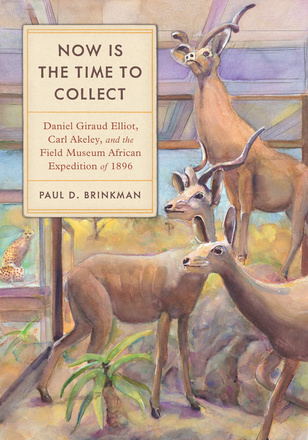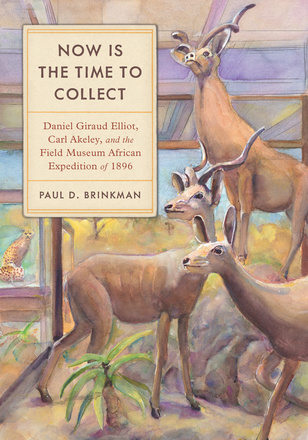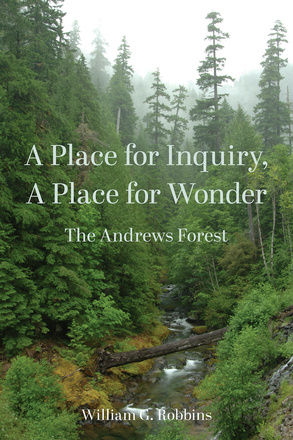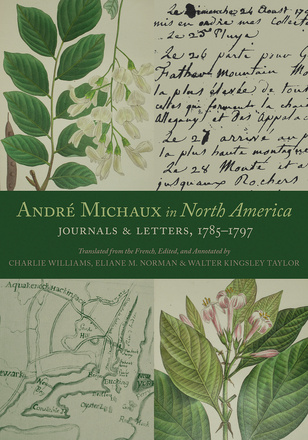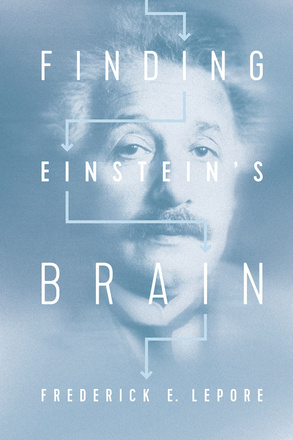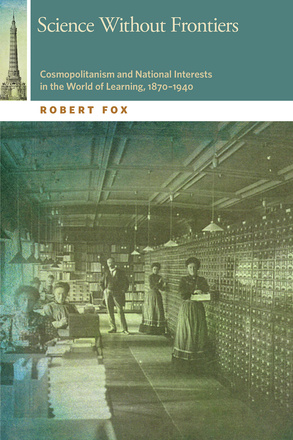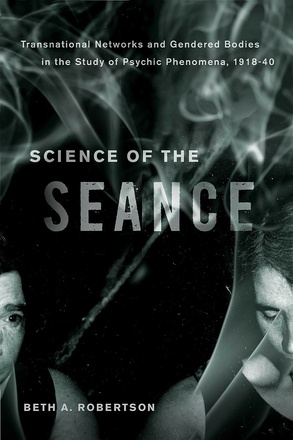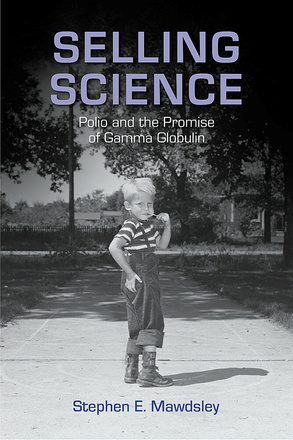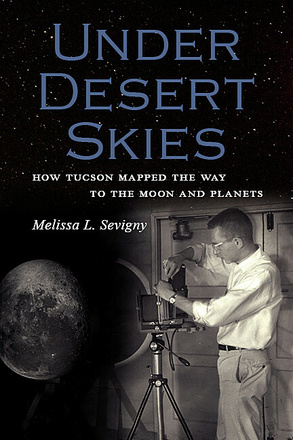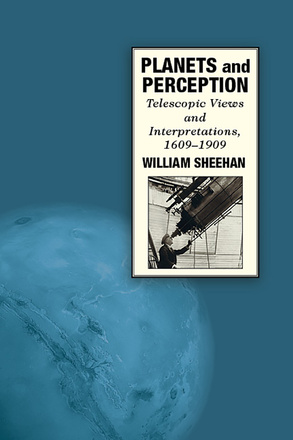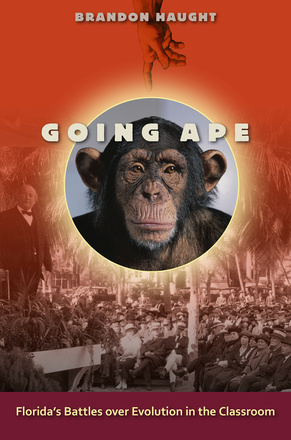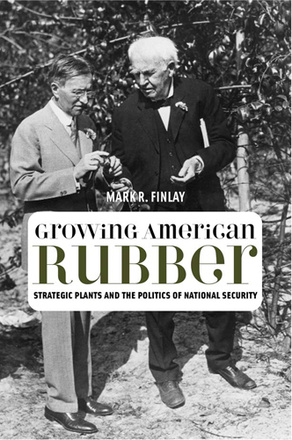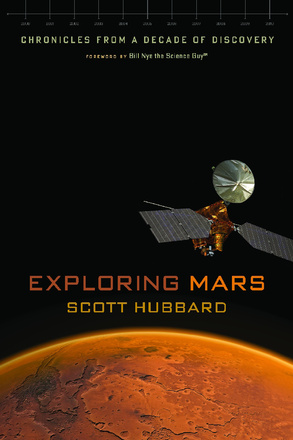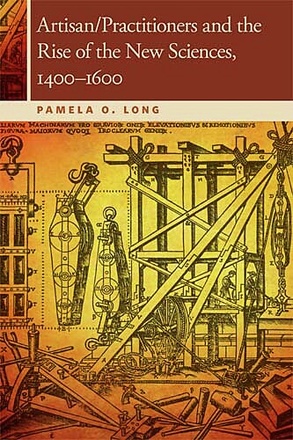Now Is the Time to Collect
Daniel Giraud Elliot, Carl Akeley, and the Field Museum African Expedition of 1896
Now Is the Time to Collect
Daniel Giraud Elliot, Carl Akeley, and the Field Museum Africa Expedition of 1896
Atomic Environments
Nuclear Technologies, the Natural World, and Policymaking, 1945–1960
Life Out of Balance
Homeostasis and Adaptation in a Darwinian World
A Place for Inquiry, A Place for Wonder
The Andrews Forest
The H.J. Andrews Experimental Forest is a slice of classic Oregon: due east of Eugene in the Cascade Mountains, it comprises 15,800 acres of the Lookout Creek watershed. The landscape is steep, with hills and deep valleys and cold, fast-running streams. The densely forested landscape includes cedar, hemlock, and moss-draped Douglas fir trees. One of eighty-one USDA experimental forests, the Andrews is administered cooperatively by the US Forest Service, OSU, and the Willamette National Forest. While many Oregonians may think of the Andrews simply as a good place to hike, research on the forest has been internationally acclaimed, has influenced Forest management, and contributed to our understanding of healthy forests.
In A Place for Inquiry, A Place for Wonder, historian William Robbins turns his attention to the long-overlooked Andrews Forest and argues for its importance to environmental science and policy. From its founding in 1948, the experimental forest has been the site of wide-ranging research. Beginning with postwar studies on the conversion of old-growth timber to fast-growing young stands, research at the Andrews shifted in the next few decades to long-term ecosystem investigations that focus on climate, streamflow, water quality, vegetation succession, biogeochemical cycling, and effects of forest management. The Andrews has thus been at the center of a dramatic shift in federal timber practices from industrial, intensive forest management policies to strategies emphasizing biodiversity and healthy ecosystems.
André Michaux in North America
Journals and Letters, 1785–1797
Made Modern
Science and Technology in Canadian History
The first major collection of its kind in thirty years, Made Modern explores the role of science and technology in shaping Canadians’ experience of themselves and their place in the modern world.
Finding Einstein's Brain
Science Without Frontiers
Cosmopolitanism and National Interests in the World of Learning, 1870–1940
Science of the Seance
Transnational Networks and Gendered Bodies in the Study of Psychic Phenomena, 1918-40
In this enthralling study of the ethereal, the scientific, and the strange, Beth A. Robertson investigates the gendered world of the seance, a place where self-proclaimed “psychic researchers” laid claim to objectivity and where spiritual mediums and the spirits they channeled resisted their methods.
Selling Science
Polio and the Promise of Gamma Globulin
Under Desert Skies
How Tucson Mapped the Way to the Moon and Planets
Shaky Foundations
The Politics-Patronage-Social Science Nexus in Cold War America
Shaky Foundations provides the first extensive examination of a new patronage system for the social sciences that emerged in the early Cold War years and took more definite shape during the 1950s and early 1960s. Focusing on the defense department, the Ford Foundation, and the National Science Foundation, Mark Solovey explores the struggles of these various funders to define what counted as legitimate social science and how their policies and programs helped to shape the goals, subject matter, methodologies, and social implications of academic social research in the nuclear age.
Planets and Perception
Telescopic Views and Interpretations, 1609-1909
Hormones, Heredity, and Race
Spectacular Failure in Interwar Vienna
In the early twentieth century, arguments between “nature” and “nurture” pitted a rigid genetic determinism against the idea that genes were flexible and open to environmental change. This book tells the story of three Viennese biologists who sought to show how the environment could shape heredity through the impact of hormones and explores the dynamic of failure in science through both scientific and social lenses.
Growing American Rubber
Strategic Plants and the Politics of National Security
Shaky Foundations
The Politics-Patronage-Social Science Nexus in Cold War America
Shaky Foundations provides the first extensive examination of a new patronage system for the social sciences that emerged in the early Cold War years and took more definite shape during the 1950s and early 1960s. Focusing on the defense department, the Ford Foundation, and the National Science Foundation, Mark Solovey explores the struggles of these various funders to define what counted as legitimate social science and how their policies and programs helped to shape the goals, subject matter, methodologies, and social implications of academic social research in the nuclear age.

